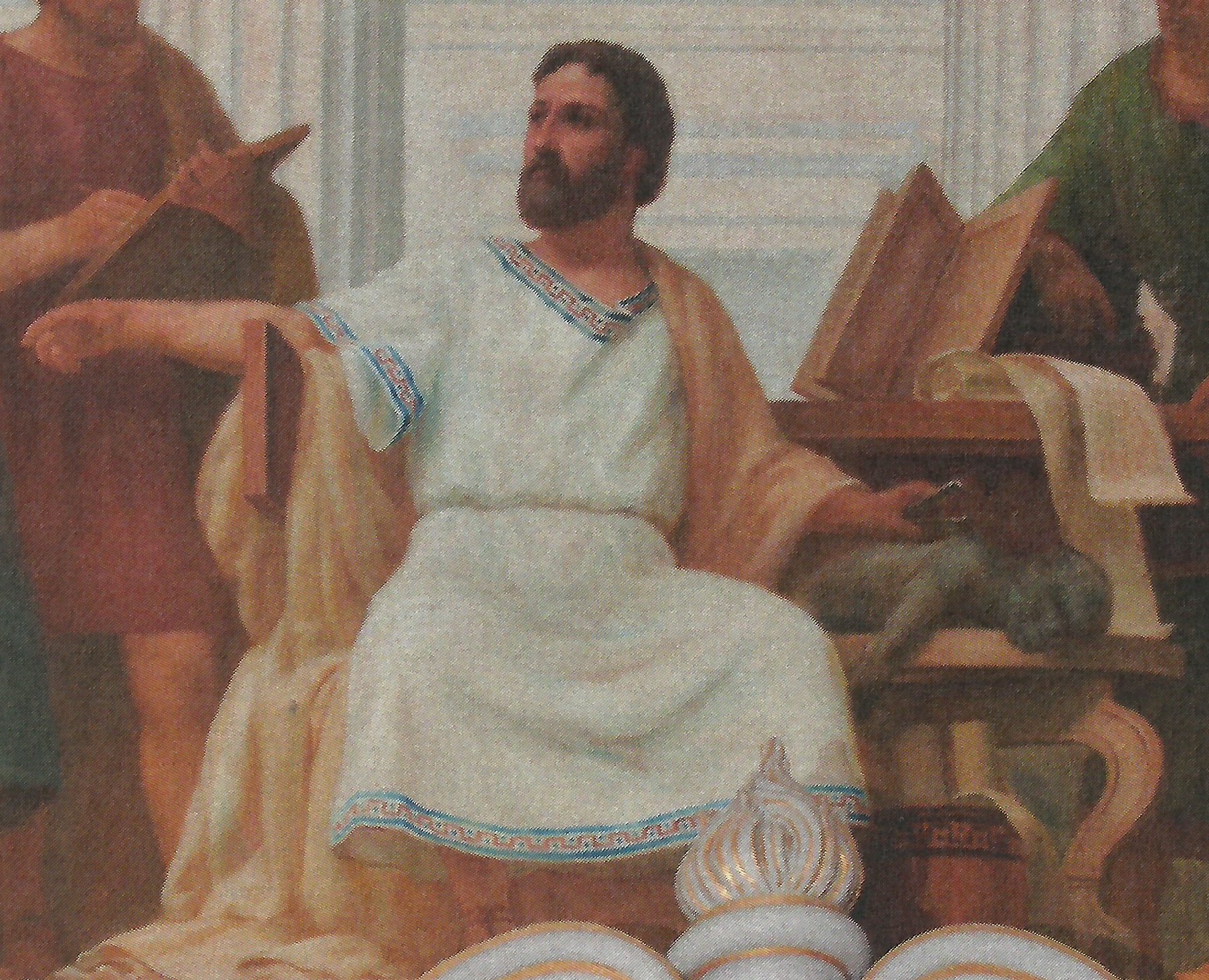Aelius Galenus or Claudius Galenus , often Anglicized as Galen and better known as Galen of Pergamon , was a prominent Greek physician, surgeon and philosopher in the Roman Empire. Arguably the most accomplished of all medical researchers of antiquity, Galen influenced the development of various scientific disciplines, including anatomy, physiology, pathology, pharmacology, and neurology, as well as philosophy and logic.
The son of Aelius Nicon, a wealthy architect with scholarly interests, Galen received a comprehensive education that prepared him for a successful career as a physician and philosopher. Born in Pergamon , Galen traveled extensively, exposing himself to a wide variety of medical theories and discoveries before settling in Rome, where he served prominent members of Roman society and eventually was given the position of personal physician to several emperors.
Galen's understanding of anatomy and medicine was principally influenced by the then-current theory of humorism , as advanced by ancient Greek physicians such as Hippocrates. His theories dominated and influenced Western medical science for more than 1,300 years. His anatomical reports, based mainly on dissection of monkeys, especially the Barbary macaque, and pigs, remained uncontested until 1543, when printed descriptions and illustrations of human dissections were published in the seminal work De humani corporis fabrica by Andreas Vesalius where Galen's physiological theory was accommodated to these new observations. Galen's theory of the physiology of the circulatory system endured until 1221, when Ibn al-Nafis published his encyclopedia of medicine entitled As-Shamil fi Tibb, in which he established that blood circulates, with the heart acting as a pump.
Galen saw himself as both a physician and a philosopher, as he wrote in his treatise entitled That the Best Physician Is Also a Philosopher. Galen was very interested in the debate between the rationalist and empiricist medical sects, and his use of direct observation, dissection and vivisection represents a complex middle ground between the extremes of those two viewpoints. Many of his works have been preserved and/or translated from the original Greek, although many were destroyed and some credited to him are believed to be spurious. Although there is some debate over the date of his death, he was no younger than seventy when he died.
In medieval Europe, Galen's writings on anatomy became the mainstay of the medieval physician's university curriculum, but by that time they suffered greatly from stasis and intellectual stagnation. Some of Galen's ideas were incorrect: he did not dissect a human body, nor did the medieval lecturers.
Galen's original Greek texts gained renewed prominence during the early modern period. In the 1530s, Belgian anatomist and physician Andreas Vesalius took on a project to translate many of Galen's Greek texts into Latin. Vesalius's most famous work, De humani corporis fabrica, was greatly influenced by Galenic writing and form.
✵
129 – 216
•
Other names
Клавдий Гален
